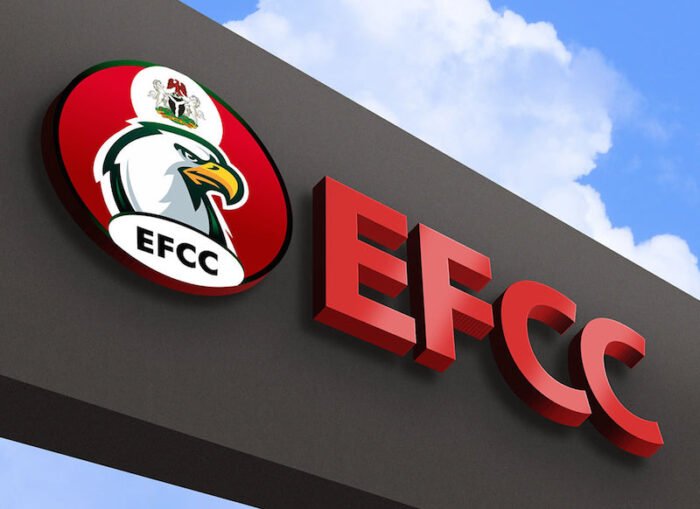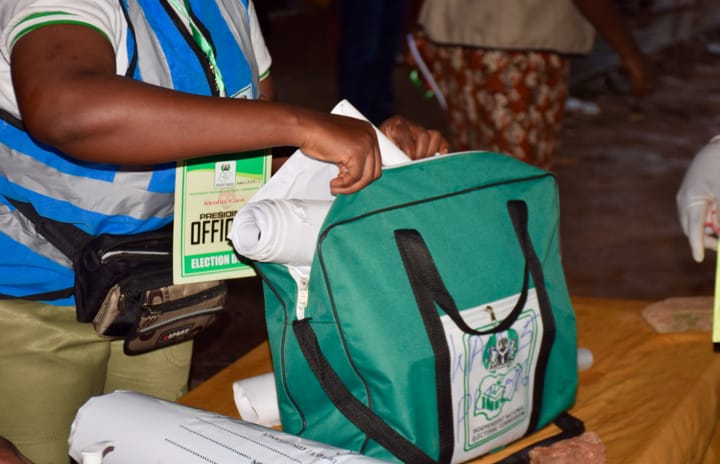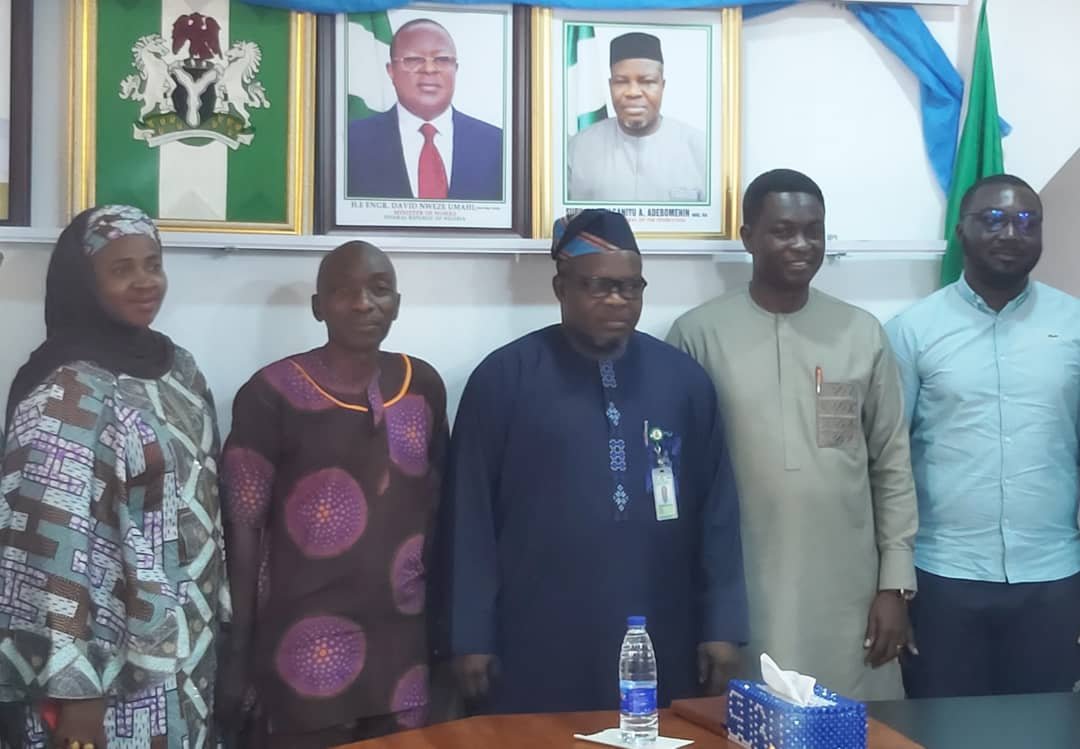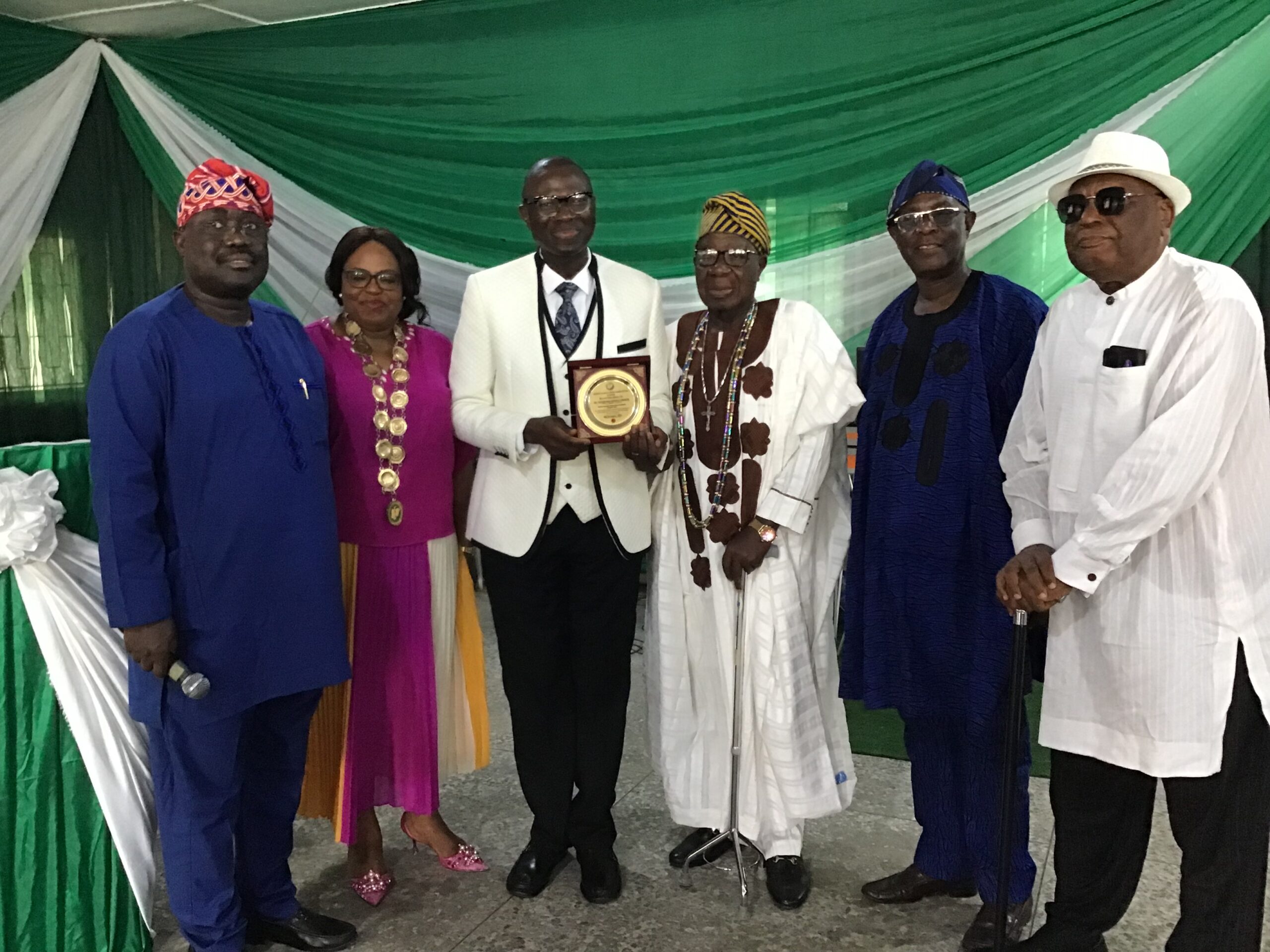278 total views today
By Lilian U. Okoro
The Institute of Health Service Administrators of Nigeria (IHSAN) has called on government at all levels to prioritise the welfare and conditions of service of Nigerian health workers to enhance their performance.
Mrs Rosemary Archibong, the National President of IHSAN, made the call at the 37th National Conference/Annual General Meeting of the Institute on Thursday in Lagos.
The News Agency of Nigeria (NAN) reports that the theme of the conference was: “Advancing The Health Care Management System In Nigeria”.
Archibong said there was need to improve on the holistic conditions of service of the health workers as most of the health facilities across the country were in deplorable state.
She said there had not been adequate funding for the health sector; which was responsible for poor maintenance of the health equipment as well as the poor working environment in the health sector.
According to her, it is a plea to the government to look into the conditions of service of the health workers with the view to improving them.
She reiterated commitment of the Institute to train and retrain health service administrators to sharpen their skills for enhanced deliverables.
“There is need for overall good working environment for health workers.
“We call on the Federal and State governments to actualise and sustain attractive conditions of service for all health professionals, including the hospital administrators.
“We appeal to government to be more sensitive in handling problems in the health sector.
“The institute shall not renege on its mandate to train and retrain health service administrators to sharpen their skills for enhanced deliverables,” Archibong said.
Mr Adeyinka Antwi, Director of Administration, Federal Neuro-psychiatric Hospital Yaba, called for harmonisation of the salary system of the health sector such that the only difference would be the allowances.
Antwi, also the Chairman of IHSAN, Lagos Chapter, said that the salary harmonisation was paramount to put an end to the incessant industrial strike in the health sector.
“All we need is a good working environment in the health sector.
“Harmonisation of the salary structure is necessary because it will go a long way to address the issue of incessant industrial strike in the health sector.
“There should concerted effort to ensure that roles are well defined in the health sector.
“The overlapping roles in the health sector administration and management has posed a great challenge,” Antwi said.
Dr Adedamola Dada, Medical Director, Federal Medical Centre Ebute Meta, said there was need for promotion of universal health coverage in order to advance the healthcare management system in Nigeria.
Dada, also the Keynote Speaker at the conference, said that availability, accessibility and security of the drugs through health insurance were paramount to actualising the Universal Health Coverage.
According to him, there is need for the country to invest in and maintain robust healthcare infrastructure that can meet the growing demands of the population, saying that adequate equipment, well-trained staff and efficient logistics are essential.
“To advance the healthcare management system in Nigeria, we must focus on several critical areas; we must continually strive to enhance the quality of care, embrace technology and modern practices.
“There is need to make healthcare services more accessible, especially in rural and under-served areas. Tele medicine and community health program can play a significant role in achieving this.
“In view of the fact that government alone cannot fund health, there is a need to support private initiatives through appropriate legislation and funding,” he said.
Dada enjoined the health service administrators to be more proactive in their service delivery.
“As health services administrators, your role is indispensable in translating policy into practice and driving change.
“Let us continue to collaborate, innovate and inspire one another as we embark on this journey of advancing the healthcare management system in Nigeria,” Dada said.
The Chief Medical Director, Federal Neuro-psychiatric Hospital Yaba, Dr Olugbenga Owoeye, called for the collaborative effort of all stakeholders to advancing the healthcare management system in Nigeria.
Owoeye said there was need for stakeholders in the health sector to consolidate on the gains after COVID-19, saying that every federal hospitals across the country now have Intensive Care Unit as a result of the pandemic.
“We need to consolidate on the gains after COVID-19, because after the pandemic, all government hospitals across the country now has Intensive Care Unit and a Molecular Laboratory.
“So, the health sector need not to relent, but to improve on these gains and advance the healthcare delivery system.
“There is need to train and retrain the health workers, provide adequate funding for research in order to promote self reliance of the Nigerian health system,” Owoeye said. (NAN)(www.nannews.ng)
Edited by Vivian Ihechu






 He thanked President Bola Tinubu for reappointing some of the commission’s federal commissioners.
He thanked President Bola Tinubu for reappointing some of the commission’s federal commissioners.







